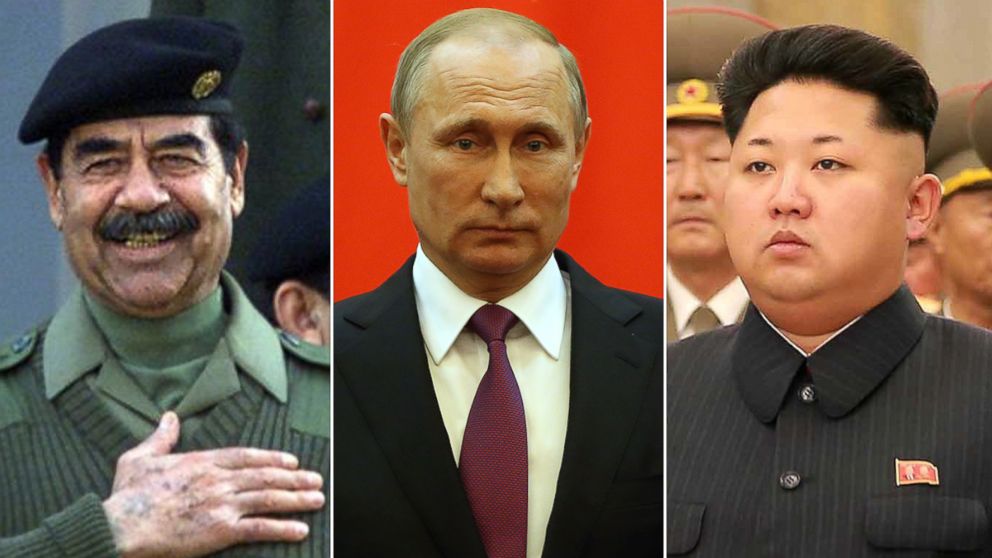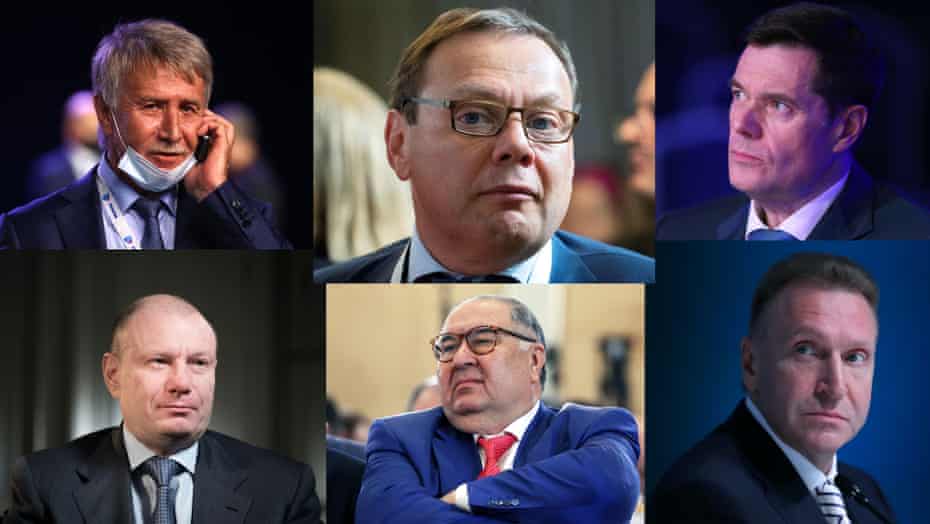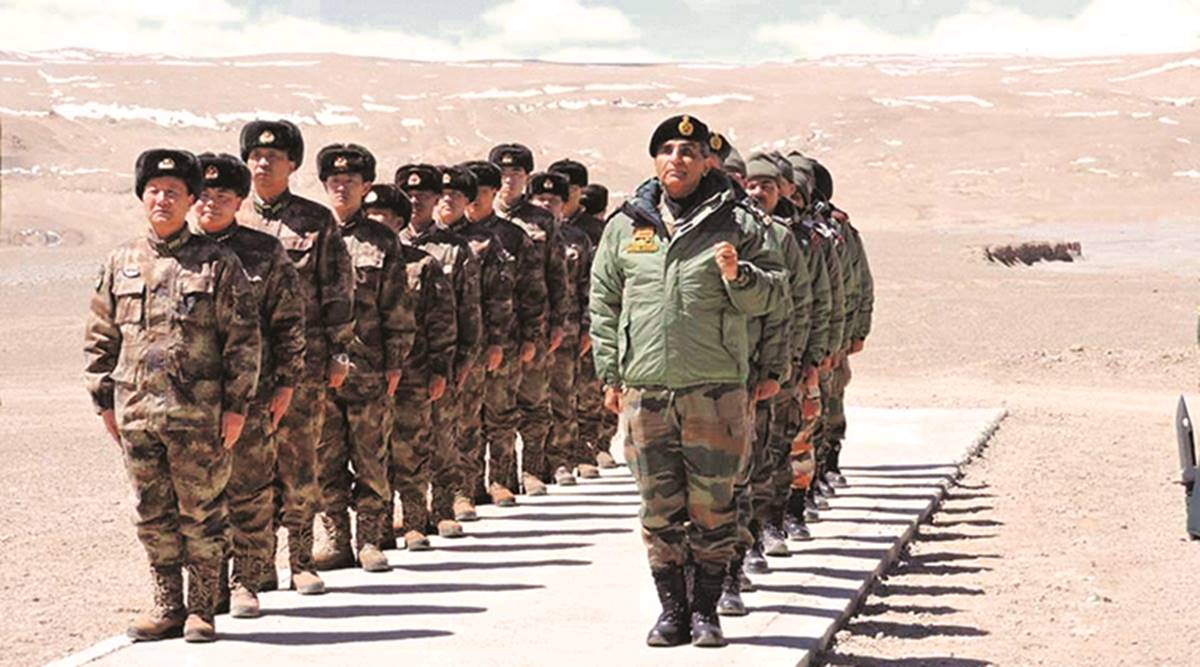Putin’s aggression has lessons for Indian thinkers
As Russian personnel and tanks marched into Ukraine on February 24, the world order was not only shaken but devastated. Kremlin’s steps have dissembled what the west called Pax Americana. Laying the foundation of a new era that, apparently, will be led and established by strongmen vouching for ‘traditionalism’ and hard power, in many ways, taking us back to the pre World War II era.
The unravelling of events in Europe is a reality check reminding us that we live in the real world with dynamic situations in which geopolitics has come to assert itself. The protection that was guaranteed by globalization and alliance building might not be able to afford security for us.
With the dawn of the multipolar order and the rise of China, the hegemony of the United States is coming to an end. This opens the door for other powers to create their own sphere of influence and exercise restraint against smaller countries. As the geopolitical order is churning, we will look at the path which took us here and reflect on India’s position in this new world order.
Is Putin just another madman?
One common mistake that the Western thinkers, and most of the White House, have always been making is to look at all the dictators as tyrants with psychopathic behaviour and genocidal tendencies. For the democratic west, for some reason, all authoritarians are nothing but irrational strongmen waiting to turn the world into their own implausible euphoria, and they are using the same lens to look at Putin.
However, the important thing to keep in mind about Vladimir Putin is that he is a spy and not a soldier. He began his career in the Soviet-era KGB and was head of its Russian successor, the FSB, before becoming Prime Minister and then President.
He has an instinct for the covert, the fabricated and the dishonest, for gaining advantage through manipulating perceptions, leaving his opponents disoriented and motivating his supporters by warning of dark threats.
Anyhow, what people tend to miss is the fact that authoritarian leaders are surrounded by yes men, unwilling to show a mirror to the almighty leader. The disaster unfolding for Russia in Ukraine is a result of the same factor.
Putin was not irrational when he decided to invade the second largest European country. His move was motivated by the billions of dollars which were directed to military research by the Kremlin while ignoring the human development of its fellow citizen.
Apparently, the yes men around Putin could not muster the courage to tell him that a huge chunk of the military budget went into buying yachts and bungalows in Europe for the oligarchs. Ironically, even those are being seized by the governments of the respective states. The bubble burst when the Russian million dollars worth of Russian tanks were going down by less than a dollar worth of Ukrainian Molotov cocktails.
Therefore, to assume that Putin is acting like a psychopath when threatening to use nukes is ignorance and amateur behaviour. It is neither an empty threat nor the power of a strongman speaking, but the leaders of a unidimensional superpower using the last deterrent that he is left with.
Watch your back
The latest conflict in Europe has lessons for every country punching above its weight while leaning on its alliances. As the clouds of realism cleared what emerged was the sun of liberalism, limiting the alliances to economic partnership and rhetorics at the United Nations. No matter how strong the relationship might be every state has to take care of its own security, and India’s case is no different.
Ukraine’s case study is worrying specifically for us as the Chinese have been sitting at our borders for almost two years now. If and when things go further south for India, then expecting our allies to fight our battle will be mere wishful thinking, as happened in the case of Kyiv.
Though the lesson we are learning is that big powers are committed to their own interests and to expect that big powers will come to our defence is a sad proposition. However, this does not mean playing down the importance of alliance building in this new world order that is being established.
In this world of regionalisation, New Delhi needs to be prepared for a very troubled future. For dealing with a troubled future the need is to have a faith in our own analysis and power. We need to be independent in our thought and action but with the wherewithal for independent thought and action. The wherewithal will come from sensible engagement with the international community that includes Russia, Europe, and the USA and it also includes taking on our conflictual relationship with China sensibly and sustainably.
The matter can be best summed up in the words of Venkatesh Verma, India’s former ambassador to the Russian Federation. As he quoted in an interview, “global trends portray that it is a raw contest among the big powers. There is very little accommodation for each other. Let us not be naive to expect that there will be accommodation for us. While witnessing the American recommitment to NATO and Europe in front of our eyes, expecting that other countries will take on Indian interests is a sad mistake.”
High time to become Atmanirbhar
In India, we love giving certificates to people, maybe even more than giving sermons to Virat Kohli on his cover drive and Mukesh Ambani on how to run a successful business. Calling names and giving certificates is something that the Indian crowd can never get bored of, at least not bearing any signs of it yet.
We have already seen too much of it the Indian politics. While the BJP has the right to give certificates of ‘nationalism’, Indian National Congress has appointed itself the head of the ‘secularism’ department. Although there is departmentalization in the internal politics, we are united when it comes to calling out other nations’ ‘hypocrisy’, no matter how long it has been since we introspected our actions.
The truth stands, India is one of the countries constantly bailing out Russia despite its urge to condemn its uncalled for aggression. The interesting fact is the hypocrisy does not lie there, but in the tacit compromise being made in the guise of ‘strategic autonomy’.
This term seems to be highly in fashion in South Bloc, as recently it has been used to the extent that even the bureaucrats themselves have started taking it as the truth, whereas the situation is the reciprocal of the facade.
Presently, over 90% of the Indian airforce consists of Russian origin aircraft. The army is still using the Soviet origin T-90 tanks that were used in the 1971 war for the liberation of Bangladesh. From armoured carriers, submarines and fighter jets to rifles, over two-thirds of equipment used by the Indian armed forces has Russia written over them.
With such overwhelming dependence on Moscow, New Delhi has little room left to practice ‘autonomy’ in the international arena. With Dragon breathing fire down our neck and now close to surrounding us from Hambanthota and Gwadar, even the thought of arm twisting from Putin is enough for the government to compromise a little with the autonomy, but the question remains, for how long?




This was a good read👍🏻👏🏻
ReplyDeleteInteresting viewpoint
ReplyDeleteNoicee
ReplyDelete